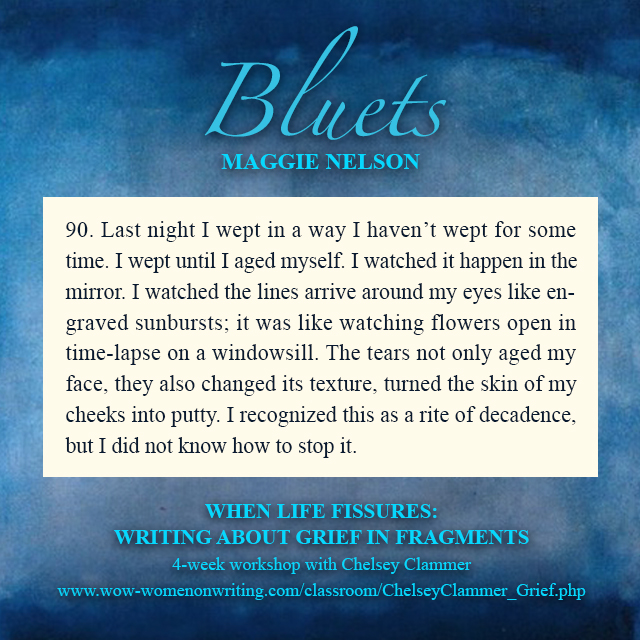I just received a quarterly royalty statement and it wasn't stellar. The money just isn't there. Why do I keep doing this, writing for kids and writing how-to-write articles and books? Why do we keep working in the face of surprisingly little money?
I've been reading DRIVE: The Surprising Truth About What Motivates Us by Daniel H. Pink. He says that business has traditionally been built on the idea of carrots and sticks. If you do well, we'll reward you (with money, fame, perks, etc), and if you do poorly, we'll punish you. Unfortunately, the carrots and sticks approach works best for routine jobs and only for those type jobs. Think assembly lines. For those jobs where you want something done exactly the same each time, where compliance to a strict method is important, use the rewards and punishments system.
Writing is seldom a routine job. Instead, for work like ours, Pink says we are motivated by three things: autonomy, mastery and purpose.
Writers certainly have autonomy. For fiction at least, we often write on spec, or the speculation that someone might like what we write. We determine the audience we will target, topics we'll discuss, the characters we'll create. We decide when we write, how we write and what editors/publishers we work with. Everything about a writing career is autonomous.
A second motivator is mastery, spending time to become an expert. When you are engaged in a subject, totally fascinated and you find that time stands still while you write, then you are working toward mastery. Pink describes this altered state as being in "the flow." In fact the best predictor of productivity is the desire for intellectual challenge, "the urge to master something new and engaging."
A sense of purpose is the final motivator and it's a powerful one. People who champion a cause are more likely to be engaged and to work with autonomy. Even brief reminders of a purpose behind your work is enough to increase productivity. My purposes revolve around two things: creating great literature for kids and helping other writers to reach their potential. When one of those purposes is activated in a piece of writing, I am willing to work harder--regardless of the results on that royalty statement.
Ours is a profession that thrives on autonomy, mastery and purpose. Do I want money? Yes! But oddly enough, Pink recommends business people provide adequate monetary incentive--make sure people can take care of their family and commitments. After that baseline is met, increasing pay doesn't increase productivity much; instead, an environment that encourages autonomy, mastery and purpose will increase productivity.
Why do I keep writing in the face of less-than-stellar royalty statement? Because I'm doing what I want, when I want; I am engaged and fascinated by this process of putting words on the page; and I do it for the kids and for other writers. I love my job. That's why I write.
Read More »
I've been reading DRIVE: The Surprising Truth About What Motivates Us by Daniel H. Pink. He says that business has traditionally been built on the idea of carrots and sticks. If you do well, we'll reward you (with money, fame, perks, etc), and if you do poorly, we'll punish you. Unfortunately, the carrots and sticks approach works best for routine jobs and only for those type jobs. Think assembly lines. For those jobs where you want something done exactly the same each time, where compliance to a strict method is important, use the rewards and punishments system.
Writing is seldom a routine job. Instead, for work like ours, Pink says we are motivated by three things: autonomy, mastery and purpose.
Writers certainly have autonomy. For fiction at least, we often write on spec, or the speculation that someone might like what we write. We determine the audience we will target, topics we'll discuss, the characters we'll create. We decide when we write, how we write and what editors/publishers we work with. Everything about a writing career is autonomous.
A second motivator is mastery, spending time to become an expert. When you are engaged in a subject, totally fascinated and you find that time stands still while you write, then you are working toward mastery. Pink describes this altered state as being in "the flow." In fact the best predictor of productivity is the desire for intellectual challenge, "the urge to master something new and engaging."
A sense of purpose is the final motivator and it's a powerful one. People who champion a cause are more likely to be engaged and to work with autonomy. Even brief reminders of a purpose behind your work is enough to increase productivity. My purposes revolve around two things: creating great literature for kids and helping other writers to reach their potential. When one of those purposes is activated in a piece of writing, I am willing to work harder--regardless of the results on that royalty statement.
Ours is a profession that thrives on autonomy, mastery and purpose. Do I want money? Yes! But oddly enough, Pink recommends business people provide adequate monetary incentive--make sure people can take care of their family and commitments. After that baseline is met, increasing pay doesn't increase productivity much; instead, an environment that encourages autonomy, mastery and purpose will increase productivity.
Why do I keep writing in the face of less-than-stellar royalty statement? Because I'm doing what I want, when I want; I am engaged and fascinated by this process of putting words on the page; and I do it for the kids and for other writers. I love my job. That's why I write.
Author and writing teacher Darcy Pattison blogs at Fiction Notes (www.darcypattison.com).















